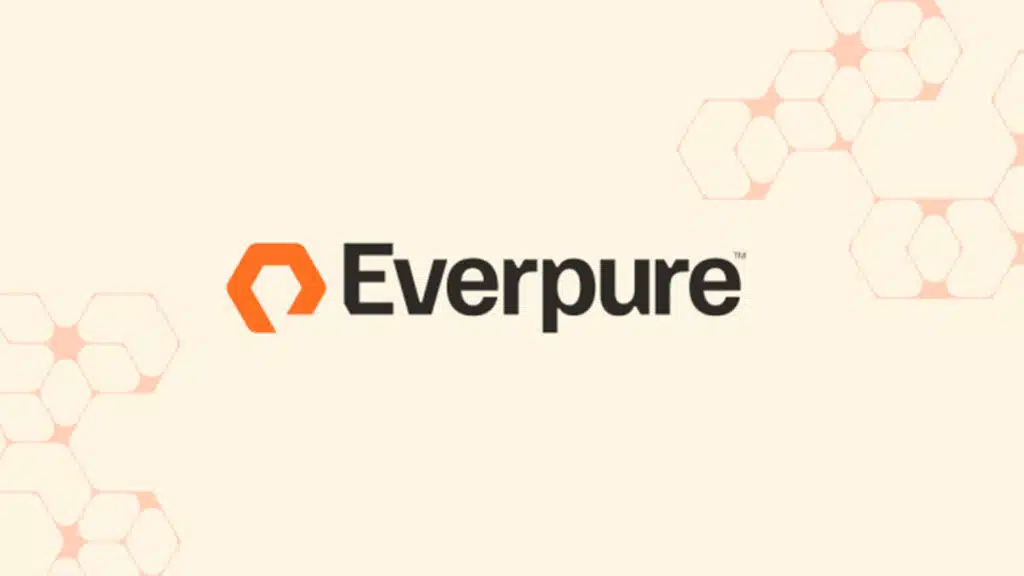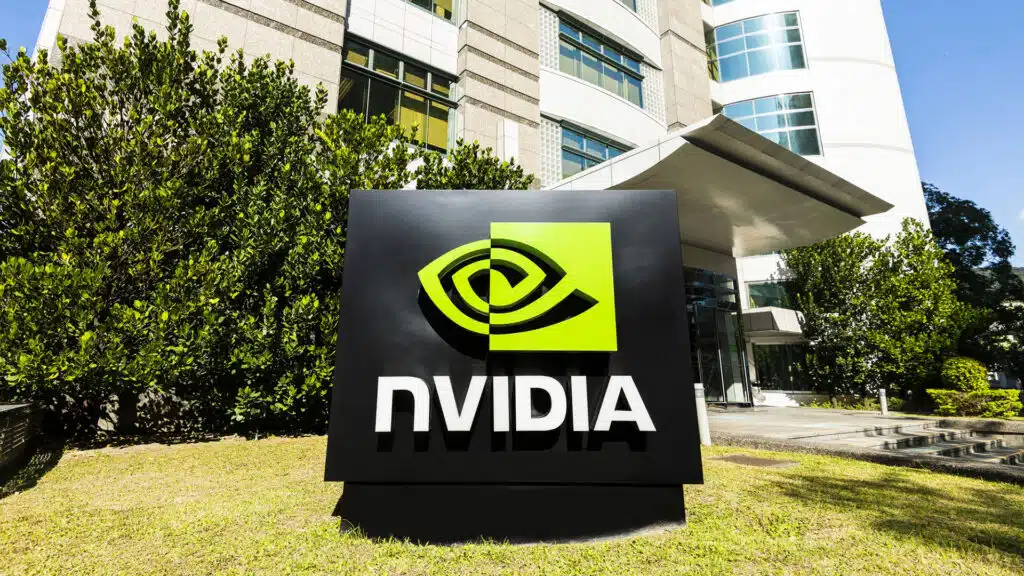The News: Databricks announced the acquisition of Okera on May 3, 2023, for an undisclosed sum. For more information, see the blog published on the Databricks website.
Databricks Acquires Okera
Analyst Take: Okera provides secure data access with discovery of private information in data lakes, data warehouses, and lakehouses. Okera also includes a no-code policy engine and self-service portal for data administrators to manage data access. Okera, founded in 2016, had raised $29.6 million in venture funding. Databricks offers a lakehouse platform for unifying analytics data for Artificial Intelligence and Machine Learning. To date, Databricks has raised $3.5 billion in venture funding.
The acquisition gives Databricks a data privacy and governance solution for their unified data platform. As Artificial Intelligence and Machine Learning continue to develop and become mainstream in usage, the need for privacy and security becomes increasingly visible.
Okera brings to Databricks a solution that includes:
- Discovery and classification of personally identifiable and private information
- Metadata tagging of information with what Okera terms AI/ML technology
- No-code policy creation and self-service portal for data administrators
- Policy enforcement for data access based on metadata and policies
- Reporting on data usage and access patterns.
- Ability to scale security without impeding access to data
Databricks will integrate the Okera solution into their Unity Catalog, expanding governance and security for data. The addition of the privacy and security capabilities, especially in the area allowing data administrators to create no-code policy controls, will be highly valuable for AI/ML enterprise deployments and will set Databricks apart from other lakehouse solutions.

It should be noted that Nong Li, the Founder and CEO of Okera is known for creating Apache Parquet, the open-source data storage format which Databricks is based on. Nong also worked briefly at Databricks. This should be an important enabler for successful integration of Okera into Databricks.
Disclosure: The Futurum Group is a research and advisory firm that engages or has engaged in research, analysis, and advisory services with many technology companies, including those mentioned in this article. The author does not hold any equity positions with any company mentioned in this article.
Analysis and opinions expressed herein are specific to the analyst individually and data and other information that might have been provided for validation, not those of The Futurum Group as a whole.
Other insights from The Futurum Group:
NIST Launches the Trustworthy & Responsible Artificial Intelligence Resource Center
GroqDay: Groq Sets its Sights on Accelerating the Speed of Artificial Intelligence
New Software Intelligence Apps Unveiled by Dynatrace
Author Information
Randy has written numerous industry articles and papers as an educator and presenter, and he is the author of two books: Planning a Storage Strategy and Information Archiving – Economics and Compliance. The latter is the first book of its kind to explore information archiving in depth. Randy regularly teaches classes on Information Management technologies in the U.S. and Europe.







